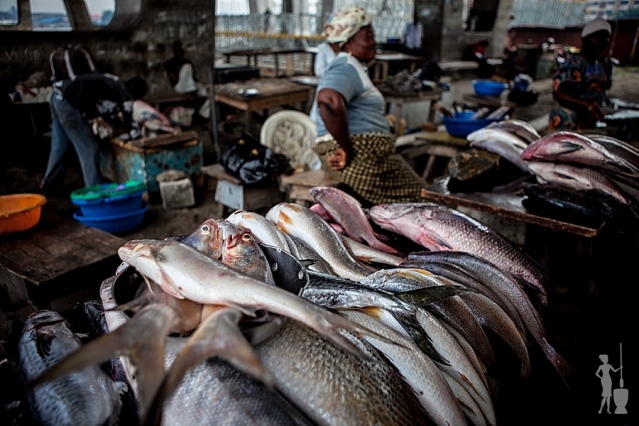Nigeria in concert with WorldFish, a global organisation focused on reducing poverty and hunger through sustainable aquaculture is in pursuit of fixing a 2.1million tonnes of fish production shortfall in the country.
WorldFish is expected to assist the country with research on the unexplored potentials of the fish industry and diversify its fishing prospects.
Nigeria’s annual fish demand, according to Heineken Lokpobiri, the minister of state for agriculture, is currently 3.2 million tonnes with annual production from aquaculture, artisanal and industrial fishing sectors standing at 1.1 million tonnes.
The minister who spoke at the Stakeholders’ Workshop on the WorldFish Nigeria Research Programme, said besides encouraging diversification of indigenous fishes, the collaboration would also facilitate breeding of Genetically Improved Farmed Tilapia (GIFT) and catfishes.
The Federal Government, he noted, had directed all fish importers to help reduce fish importation and encourage local production through backward integration initiatives including commercial aquaculture.
“The Federal Ministry of Agriculture and Rural Development will provide the needed material support for the WorldFish Nigeria Research Programme. The vision of the present administration is to grow Nigeria’s agriculture sector, including fisheries and aquaculture, to achieve a hunger free nation through agriculture that drives income growth, accelerates and food production,” he said.
Davis Shearer, the director, International Partnership, WorldFish, said strengthening livelihoods and enhancing food nutrition and security in developing countries as possible by improving and delivering solutions to fisheries and aquaculture.
The organisation remains determined to help Nigeria achieve its Sustainable Development Goals (SDGs), especially the fight against poverty and hunger, according to him.
Harrison Karisa, the country director, Egypt and Nigeria, WorldFish, regretted the growth rate of fish consumption in Africa, emphasising research as essential to scale up the consumption rate.
He said: “Fish makes up around 40 percent of the country’s protein intake with the consumption rate of 13.3kilogramme per person annually’’.








